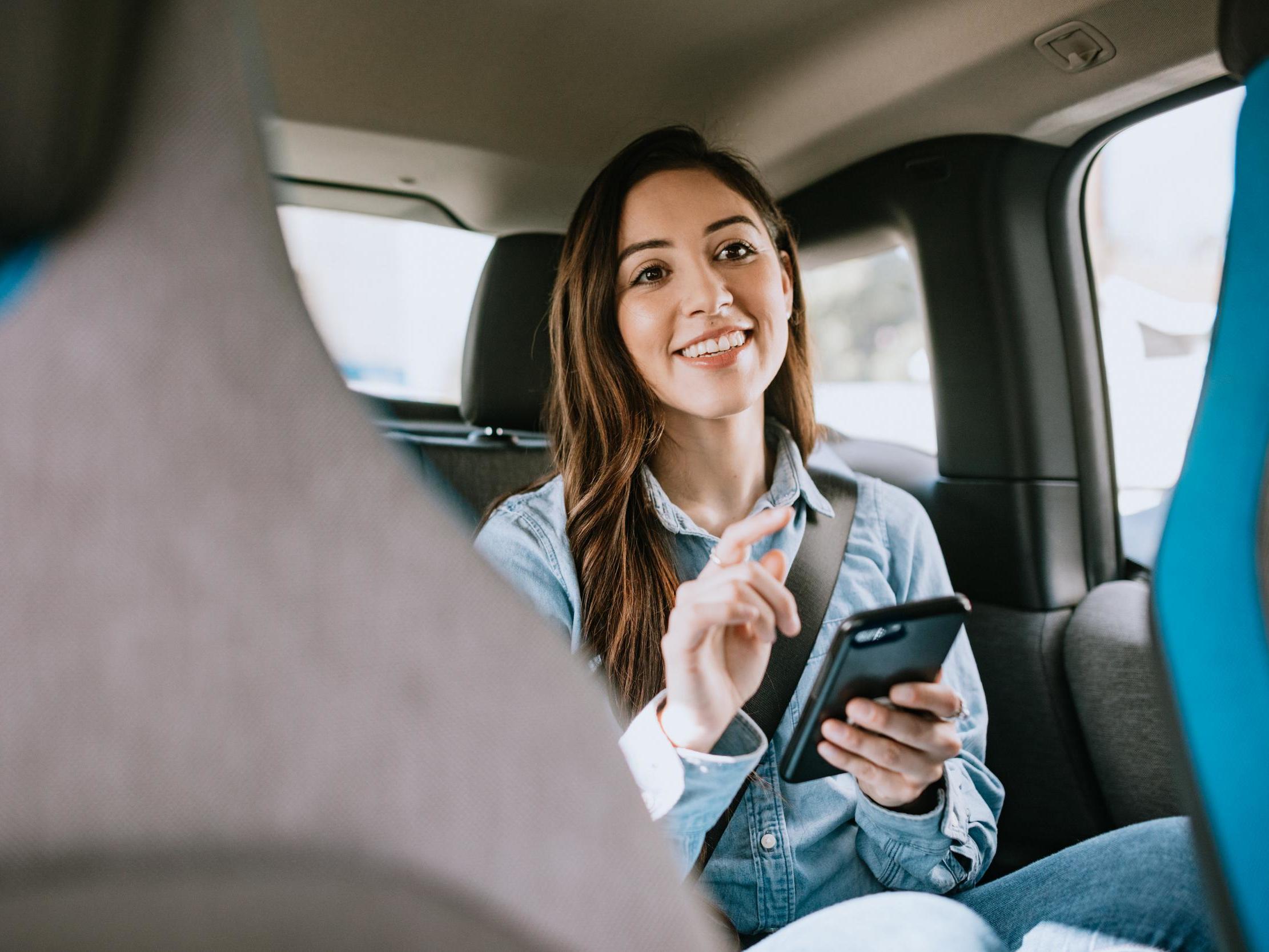Uber ruling: What does TfL decision mean for London customers and are there alternative apps?
Are other ride-hailing apps a safe alternative for customers?

Uber has been refused a new license by Transport for London (TfL) after they found “several breaches” of passenger safety.
On Monday the capital's transport authorities announced they were still not satisfied with the ride-hailing app, but Uber says it will be appealing the decision, which it described as “extraordinary” and “wrong”.
Uber, whose current license expired on Sunday, maintains customer safety is a top priority and assured improvements have been made since safety issues were first highlighted by TfL.
The licensing battle began in September 2017 when TfL refused an extension of Uber’s license and instead offered a 15-month probation period, in which to improve safety issues.
In September 2019 Uber was again granted a two-month extension with further conditions. But TfL said even after these opportunities, the safety issues persist.
This includes insufficient checks on driver’s criminal records and changes to Uber’s systems, which allowed unauthorised drivers to upload their own photo to another driver’s account and then pick up passengers instead of the booked driver.
TfL says it identified 14,000 trips in which the driver who picked up a passenger, was not the account holder.
Despite these safety concerns, passengers have been quick to criticise the decision. One person on Twitter said: “Thanks for banning one of the safest ways to get around London.”
Another said: “I am not a fan of Uber. But it gets me to places poorly served by public transport, or not served at all.”
So how will this impact customers?
Uber says it has around 3.5 million riders in the capital, so will this mean they can no longer use the app? Not quite.
Just like the previous rulings the decision on Monday will not mean Ubers are immediately taken off London’s streets. Until all the options for Uber to appeal are exhausted, the brand can continue to operate.
That is provided that Uber launches an official appeal within 21 days, but this is highly likely.
Jamie Heywood, Uber’s general manager for Northern Europe, says that for now the brand will “continue to operate as normal” so customers should see no interruption in service.
What happens if the appeal is unsuccessful?
If Uber’s appeal is unsuccessful some argue it would leave a huge gap in the London market with customers waiting longer for other taxi services or expected to pay higher fares for black cabs or premium taxi services like Addison Lee. But aren’t there cheaper competitors waiting to fill any potential vacuum left behind?
Sam Dumitriu, research director at business think tank The Entrepreneurs Network, says: “Unlike the first time Uber lost their license, there is now real competition in app-based private-hire market. Customers can now choose to go with Kapten, Bolt, Kabbee or ViaVan (among others).”
Both Bolt and Kapten, which operate similar low-cost cabs have long been rivals to Uber and any vacuum left by its departure could well be filled by these brands. But these brands have not been without their own problems - Kapten was forced to apologise after their adverts appeared to offer rides to rescue women from being sexually assaulted.
TfL confirmed to The Independent that Bolt, Kapten and ViaVan have all been licensed to operate in London meaning they have met strict customer safety regulations. They also said they have licensed Indian transportation network Ola, but they are yet to commence operations in the city.
Fiona Cincotta, market analyst at City Index, told BBC Radio 4’s Today programme, she still believes these brands would “fill [the] void quite quickly”.
Could this be the end of ride-hailing apps?
Not everyone is so confident that the demise of Uber would be good news for their competitors.
Alan Brown, Professor in digital economy at Exeter Business School, told The Independent, he isn’t convinced. “I would pose the question whether this ruling, if upheld, will encourage or discourage other players to attempt to fill the gap left by Uber.”
And Dumitriu says just because Uber is gone it doesn’t mean TfL will stop imposing restrictions on these brands. “There's a real risk that the Black Cab trade will lobby TfL for further restrictions on private hire firms. If they're successful, then consumers and drivers will pay the price.”
Join our commenting forum
Join thought-provoking conversations, follow other Independent readers and see their replies
Comments
Bookmark popover
Removed from bookmarks